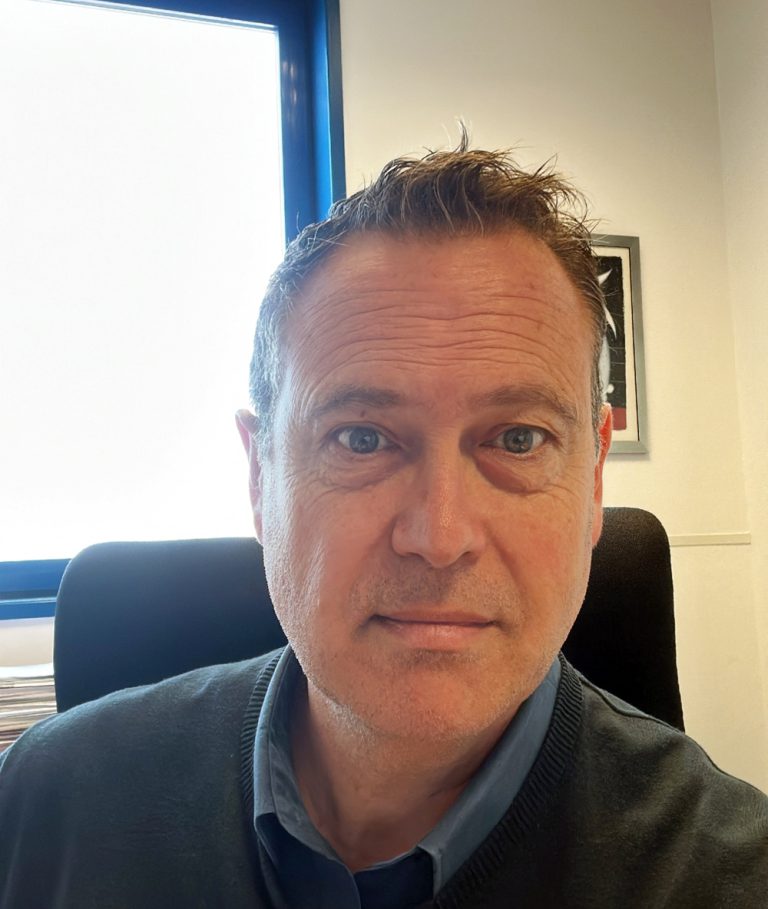We talked to Juan José Pascual Amorós, professor at ETSEAMN and researcher at the Institute of Animal Science and Technology.
- Good morning, first of all we would like to know you better so we ask you to introduce yourself to your colleagues, who is Juan José Pascual Amorós?
Well, perhaps what defines me the most is thatI am a believer in public service. Someone who still believes in the importance of living every day to contribute to create a better world, starting with what is closest to us, but trying to contribute globally. Oh, and chen I have a free moment, an eternal basketball player.
- What activity do you carry out at the school?
I am professor of “Animal Nutrition”. of the Department of Animal Science in the Degree ofAgri-food and Rural Engineering”.“and of the Master’s“Agronomist Engineer” and “Precision Livestock”.
“One of our most recent lines of research is aimed at insect nutrition for later use in animals and humans, (they say they are the future).”
- In addition to your teaching activity you also participate in R&D projects, what are your lines of research?
Over the past 25 years, I have focused primarily onthe relationship between animal nutrition and genetics to improve the resilience, health and welfare of our farm animals.. Other lines of our lines are also directed to animal nutrition biotechnology, animal feed sustainability and recently to insect nutrition for subsequent use in animals and humans (they say they are the future).
- In your professional experience, what is the direction of livestock farming?
Inevitably, although loday’s livestock farming is much more modern and sustainable than most people think, and we must strive to achieve even more sustainable livestock farming.respectful and adapted to the new demands of society.
“In the coming decades we will have to increase extensive livestock farming associated with the use of natural and local resources, and improve intensive livestock farming through digitalization and technification.”
- How can the sustainability of the sector be improved?
In the coming decades, society will demand more plant-based products from us, but as omnivores we will also have to provide them with a large amount of animal-based products for a healthy diet. But they will demand that these products be healthier, more sustainable, more respectful and more efficient.
Therefore, we must increase extensive livestock farming associated with the use of natural and local resources, an intensive digitized and technified livestock farming that allows us to obtain sustainable and effective The company is also exploring the development and sustainability of non-animal products of animal origin.
- What is your biggest challenge at the professional level?
Currently, precision animal nutrition. We need to be able to manage animals in larger housing and with a higher level of freedom and social interaction. This makes animal-specific feeding more difficult.
“The use of precision livestock farming tools (sensors, electronic feeders, image and sound tracking systems…) will help us to develop differentiated feeding systems that allow this new livestock farming with greater welfare.“
The use of precision livestock farming tools (sensors, electronic feeders, image and sound monitoring systems, etc.) will help us to develop differentiated feeding systems that will allow this new livestock farming with greater welfare, health and nutrition of each animal, without reducing the profitability and sustainability of the rural environment.
- Moving on to a more personal and relaxed side, what slogan or phrase would you say?is it an inspiration for you?
“The important thing is not to stop asking questions.”
- Will Elon Musk kill Twitter or will the opposite happen?
I don’t know, butI’m not worried about it eithera lot.
- If Twitter disappears, will you switch to Mastodon?
The truth,I just googled what Mastodon is.
- Pizza, with or without pineapple?
Without pineapple and with double cheese.
- In winter, socks to sleep in?
Never.
- Vacations, sea or mountain?
First the sea to lose myself and then the mountains to find myself again.
- Finally, coffee, black or with milk?
Alone, and on weekends in “cremaet” company.
